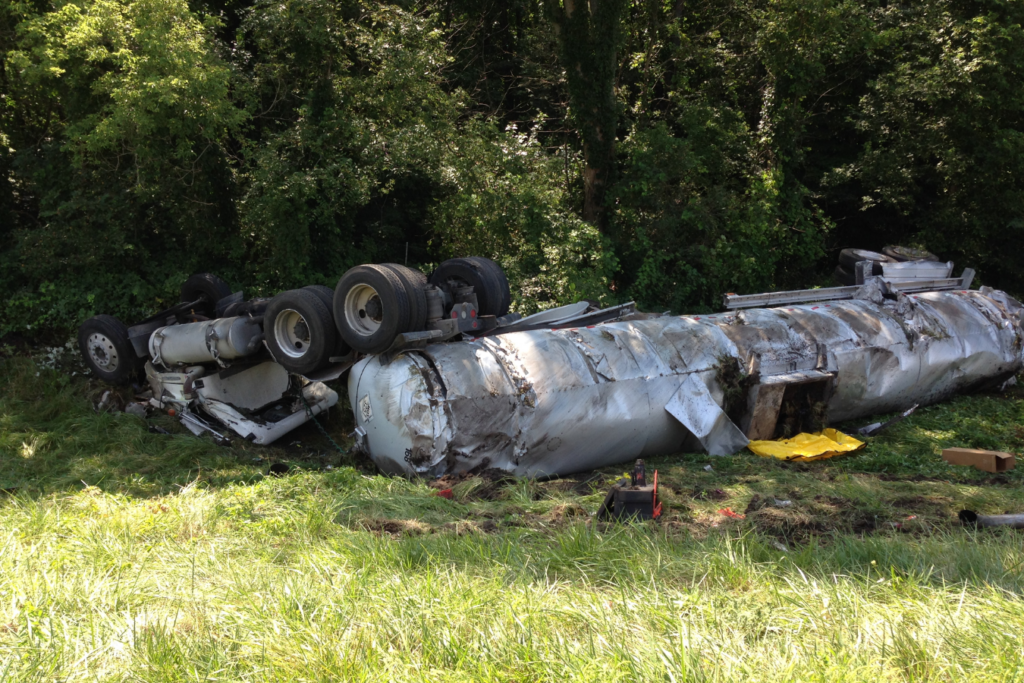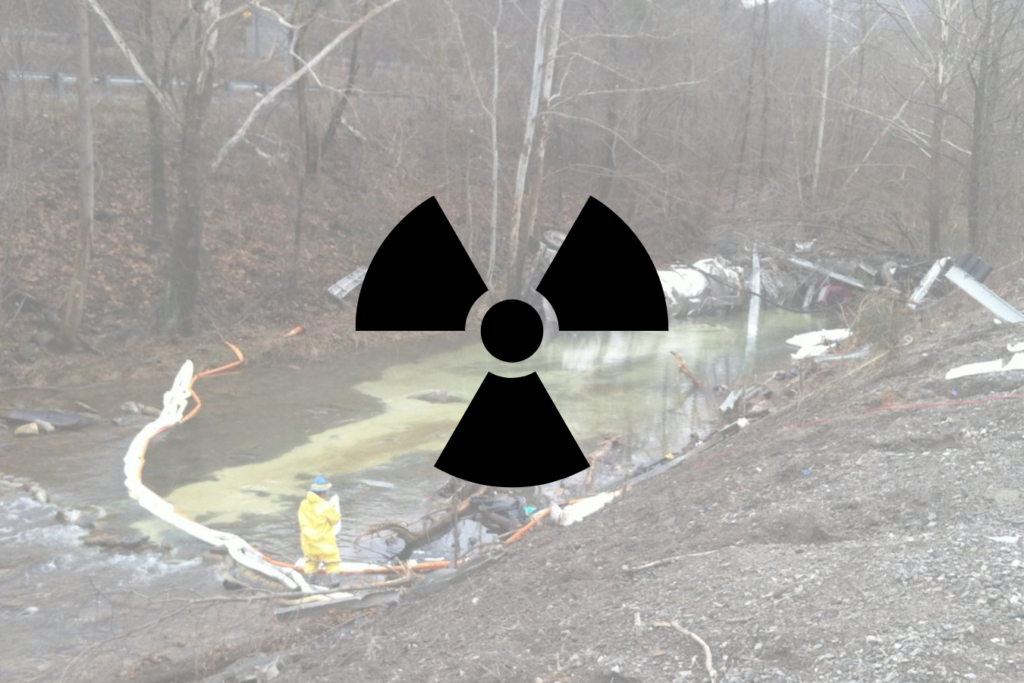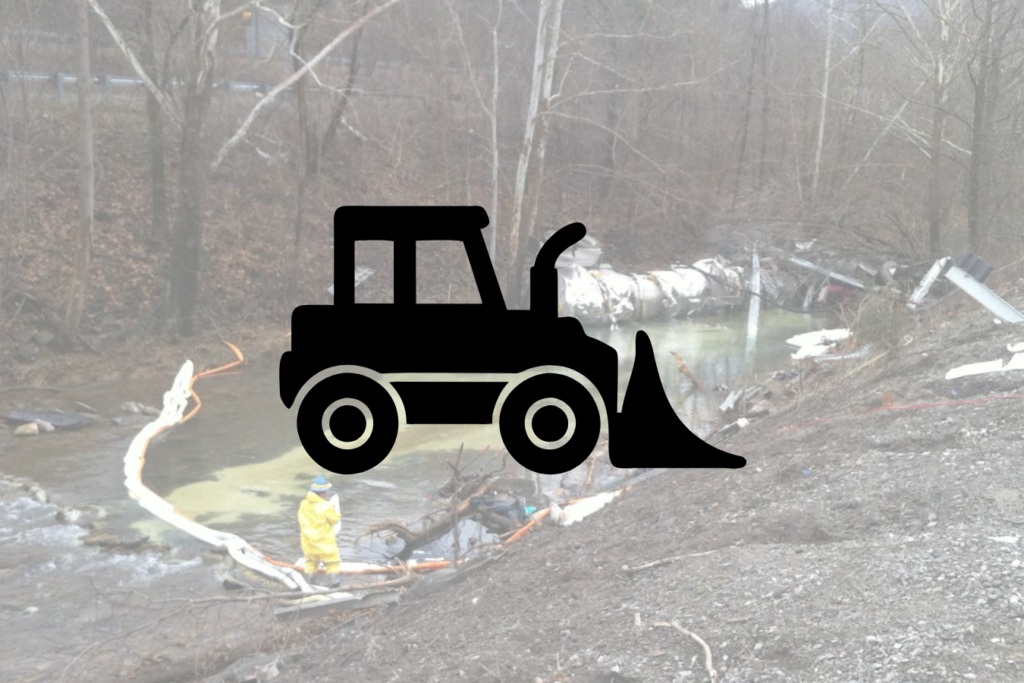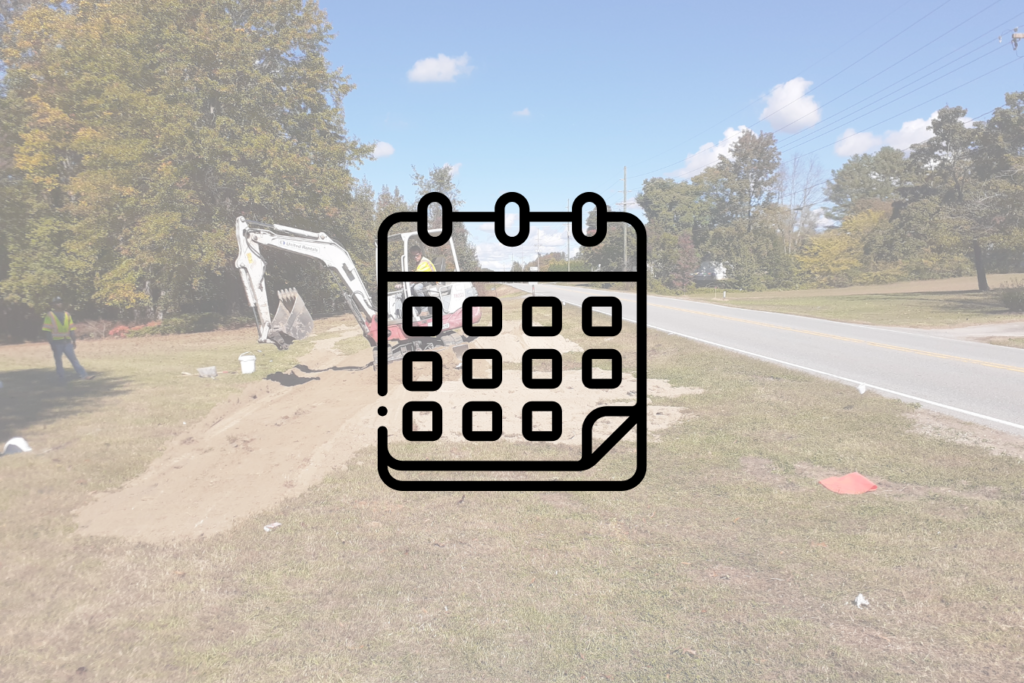Introduction
Environmental remediation is critical for keeping our environment and the people in our communities safe. Not to mention, penalties for not following local and federal laws and regulations around remediation can be incredibly costly. In today’s blog, we will be exploring what environmental remediation is and why it matters!

What is it?
Environmental remediation is the process of cleaning up, removing, or neutralizing contaminants from the environment. The goal of environmental remediation is to return a contaminated project site back to a state that is safe for humans, wildlife, plants, and to ensure regulatory compliance. Remediation is often necessary in many different areas and situations such as release incidents, urban redevelopment projects, and more.

The method used to redevelop a project site is dependent on the type and severity of the incident(s) that have occurred. These remediation tactics can range from physical techniques such as excavation and removal of contaminated soil, to chemical processes that neutralize hazardous substances, and even biological processes that use organisms (such as bacteria) to break down pollutants. Common contaminants that are dealt with in environmental remediation projects include: heavy metals, organic pollutants (such as pesticides), radioactive materials, hazardous waste, and more.

Environmental remediation also plays a key role in acquiring property. North Carolina is a “buyer beware” state meaning that when you purchase a property, you are taking responsibility for all the environmental and other liabilities that it comes with. If one does not conduct a site assessment of a property identifying all potential liabilities before purchasing it, you could be responsible for all the potential costly environmental remediation that could be necessary.

The Future of Remediation
The future of remediation looks promising, with advances in technology and greater awareness of environmental issues driving more innovative solutions. Nanotechnology and enhanced bioremediation are two of the many ways that remediation is continuing to develop quickly in a way that will help make the industry more efficient and ensure remediation of certain incidents are even more thorough. As our government continues to spend more money subsidizing the environmental industry, it is likely that this innovation will not slow down, but instead continue to grow.

Conclusion
Environmental remediation is incredibly important to our daily lives. Accidents happen and it’s best to have a company you can trust on standby for when you need them. Click the link below or reach out to info@hesnc.com to learn more about the remediation services that we offer!


